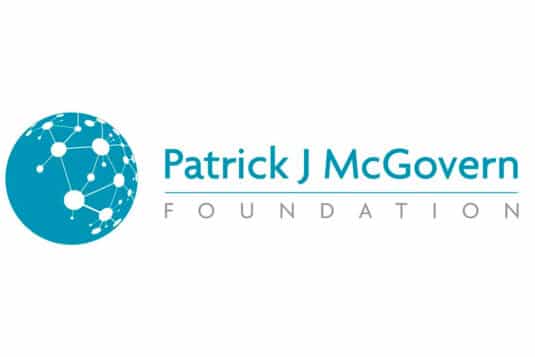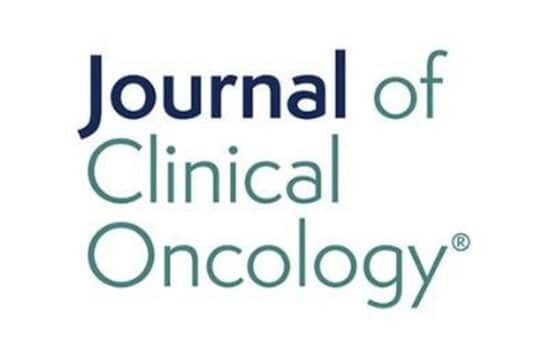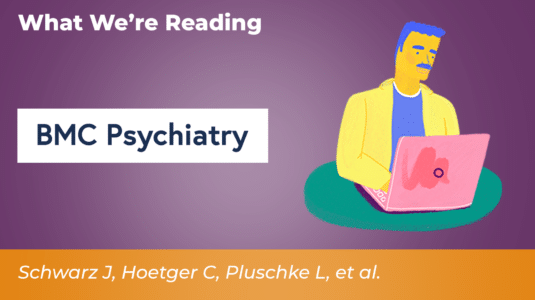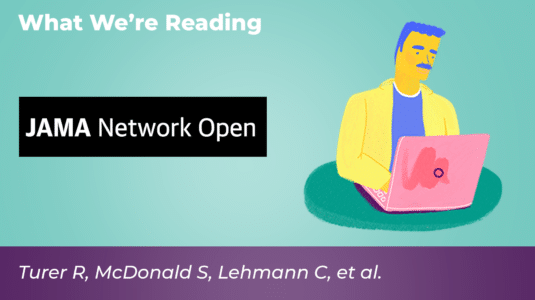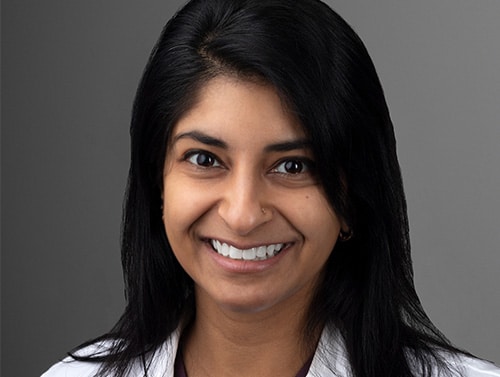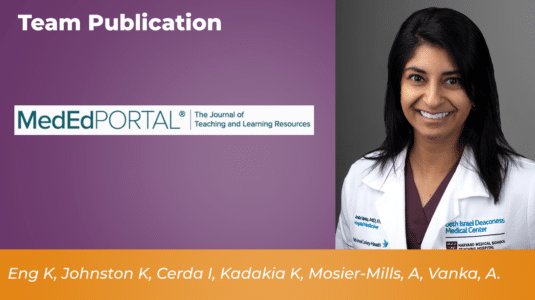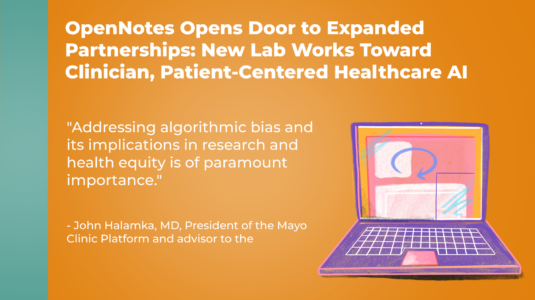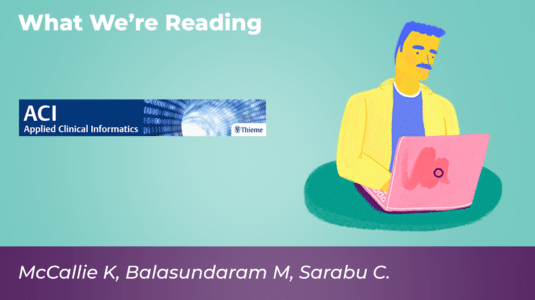The Patrick J. McGovern Foundation (PJMF) has awarded a $200,000 grant to OpenNotes to investigate how artificial intelligence (AI) can further propel health information transparency and open communication between patients and their clinicians. This funding initiates exploration into the evolving landscape of AI in healthcare by focusing on how patients use and comprehend clinical documentation.
featured
Gaps in the coordination of care for people living with dementia
This study examines care coordination breakdowns reported by patients living with dementia (PLWD) or their care partners. Interventions to improve communication across different care teams are needed to minimize the harmful effects of gaps in care coordination.
When bad news comes through the portal: Strengthening trust and guiding patients when they receive bad results before their clinicians
In this chapter, perspectives from a patient with cancer, an oncologist, and a cancer psychiatrist (in that order) are shared to illuminate the adjustments made in clinician-patient communication amid the era of nearly instantaneous results within the electronic health record.
Psychiatrists’ perceptions of conditions and consequences associated with the implementation of open notes: Qualitative investigation
Psychiatrists practiced in Germany where open notes have not yet been established as part of the healthcare data infrastructure. Open notes were perceived to increase transparency and patient involvement but were also believed to raise issues of stigmatization and conflicts.
Real-time electronic patient portal use among emergency department patients
These findings suggest that real-time patient portal use during ED encounters has increased over time, but disparities exist in portal access that mirror trends in portal usage more generally. Given emergency medicine’s role in caring for medically underserved patients, there are opportunities for EDs to enroll and train patients in using patient portals to promote engagement during and after their visits.
UPDATE: April Fools’! OpenNotes Unleashed: Canine Initiative Engages Dogs & Owners Through Access to Veterinarian Notes
Barking up the right tree: OpenNotes launches canine initiative! “Extending open notes to include our canine companions is a natural progression of our mission to promote transparency and patient engagement in healthcare,” said Dr. Catherine M. DesRoches, Executive Director of OpenNotes. “By giving dog owners a sniff of their pet’s medical records, we’re not just fetching information; we’re fetching better care for our beloved companions.”
New curriculum helps medical students learn bias-free language for clinical notes
Using a multipart approach, a novel “open notes” curriculum prepares the next generation of learners to employ clinical notes as a tool to communicate with patients and providers, and introduces key ethical considerations on how documentation can enhance or harm therapeutic relationships with patients.
A patient-centered documentation skills curriculum for preclerkship medical students in an open notes era
We developed this session for first-year medical students within their foundational clinical skills course to place bias-free language at the forefront of how they learn to construct a medical note. While the longitudinal impact remains to be seen, it is clear patient-centered documentation skills should be an integral part of documentation education.
OpenNotes Opens Door to Expanded Partnerships: New Lab Works Toward Patient-Centered Healthcare AI
Drawing upon 15 years of advocacy and research, OpenNotes unveiled today the OpenNotes Lab, the organization’s new effort to explore novel approaches to investigating and designing interventions across the realms of clinical documentation, medical records and patient safety and engagement.
Family perception of OpenNotes in the neonatal intensive care unit
At the end of the NICU discharge education, completed in the patient portal before discharge, families were offered an anonymous survey on OpenNotes. To the authors’ knowledge, this is the first study on NICU families’ perceptions of OpenNotes, which indicated positive interactions with the doctors’ daily progress notes and gave important suggestions for improvement.
